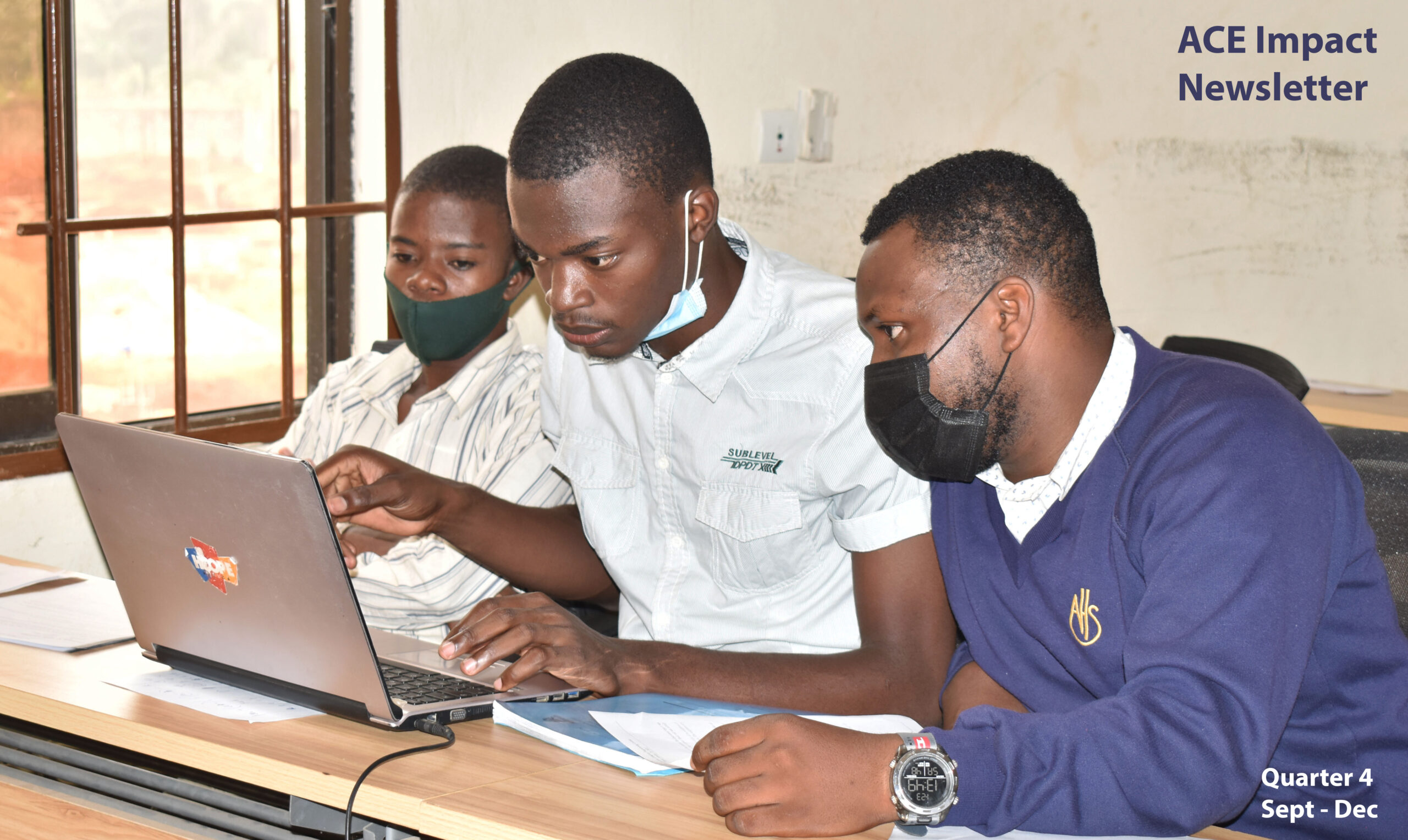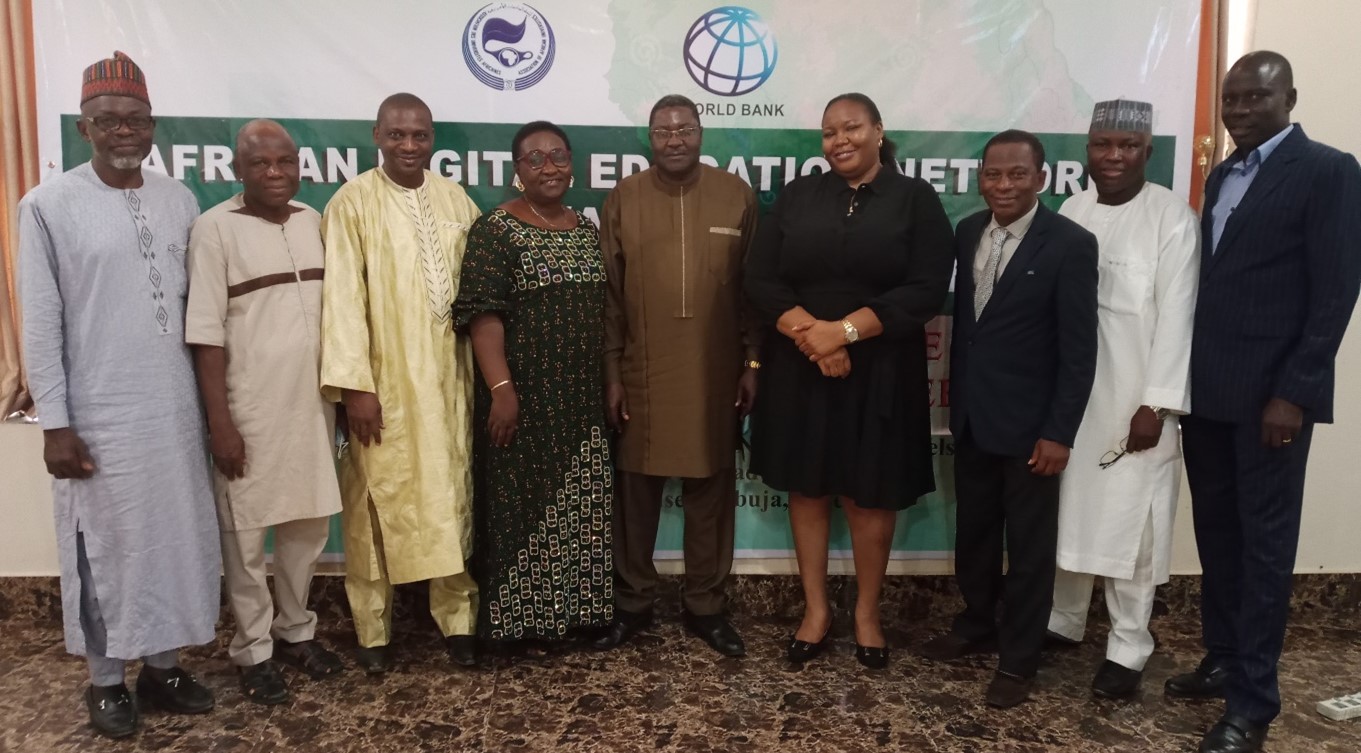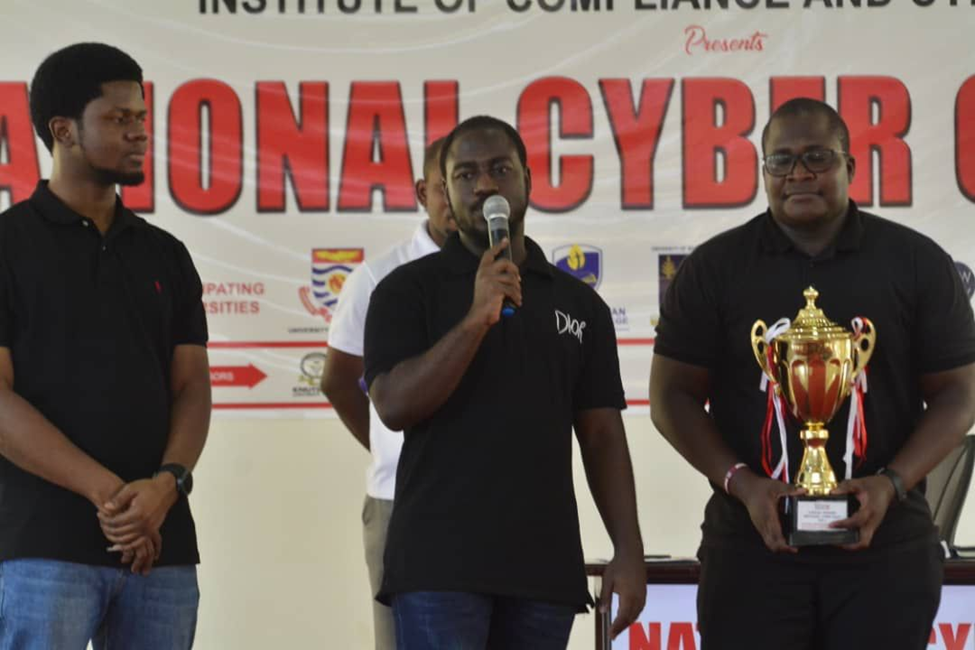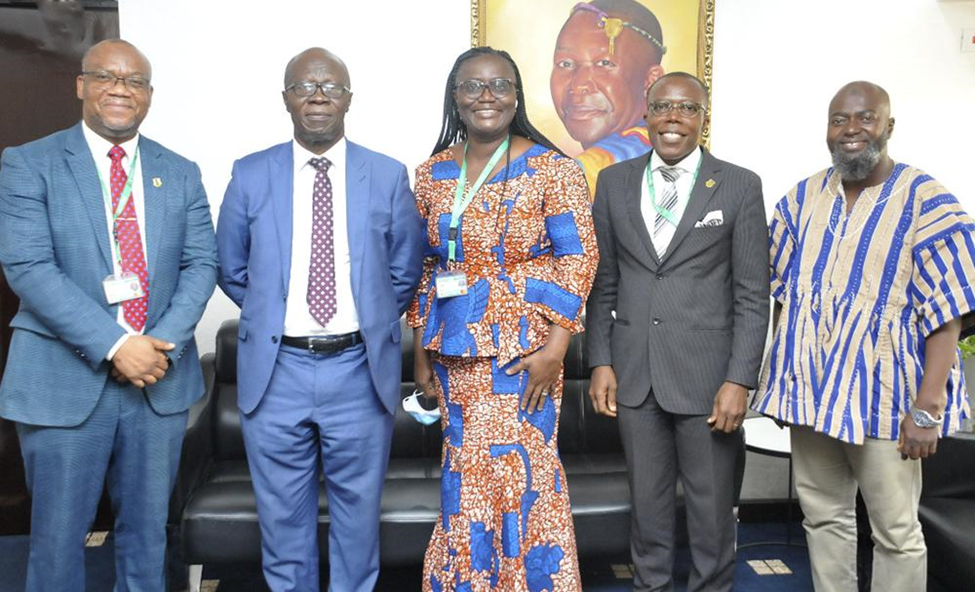How ACE Impact Thematic Networks are driving Digital Development on the Continent
Under the ACE Impact project, two thematic networks are working diligently to promote digital development in Africa. These are the African Digital Education Network (ADEN) and the Digital Science and Technology Network (DSTN). The regional network approach is unique and offers a wide range of advantages, including the ability of ACE Impact centres involved and their partners to pull resources together to achieve a common goal.
ADEN focuses on raising awareness of the benefits of digital education across Africa, sharing resources with institutions of higher education in Africa, among other core mandates. DSTN is working to develop a range of skills and research in e-health, e-agriculture, e-environment, intelligent cities and transport, e-education, critical for AFrica, in a growing global digital economy. Its mission is to promote collaborative research, and a training offer adapted to the job market and socio-economic partnerships. DSTN relies on a community of scientific experts in data science, artificial intelligence, high-performance computing, cybersecurity, the Internet of Things, etc.
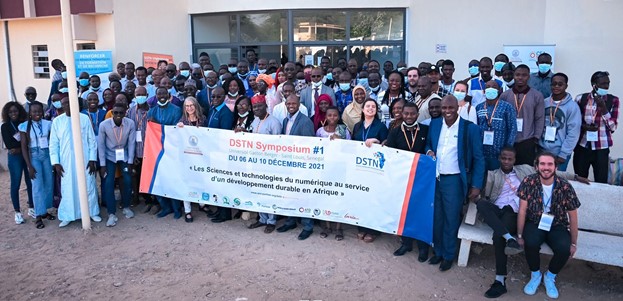
ACEs involved in ADEN and DSTN
The four (4) Africa Centres of Excellence involved in the African Digital Education Network are:
1) Africa Centre of Excellence on New Pedagogies in Engineering Education (ACENPEE)
2) Africa Centre of Excellence on Technology Enhanced Learning (ACETEL)
3) Africa Centre of Excellence for Innovative and Transformative STEM Education (ACEITSE)
4) the Africa Centre of Excellence for Teaching / Learning Math and Science for Sub-Saharan Africa (CEA MS4SSA).
For the Digital Science and Technology Network (DSTN), the six (6) centres involved are:
1) Africa Center of Excellence for Technology Enhanced Learning (ACETEL). Through ACETEL’s involvement in this network, it hopes to bridge the technology knowledge gap by building capacity in information and communication technology (ICT)
2) Africa Center of Excellence in Applied Informatics and Communication (CAPIC). CAPIC is developing several impactful activities in the following fields: High Performance Computing, Data Science with a special focus in involving biologists and medical partners
3) Africa Center of Excellence in Statistics and Applied Economics (CEA-ENSEA). This centre is also developing activities (lectures, training, workshops/conferences, responding to regional and international calls etc) in the field of Data Science – data management, statistics and data analysis, deep learning, with application to health, agriculture, environment, among others.
4) Africa Center of Excellence in Mathematics and ICT (CEA MITIC). CEA MITIC is focusing on implementing activities in the following areas – Big Data and Trusted Artificial, Intelligence, Internet of Things (IoT) systems and SDN (Software Defined Network) in poorly connected area, Cybersecurity, Data Science with a special concern on involving companies and social partners.
5) ACE in Mathematical Sciences, Computer Science and Applications (ACE-SMIA). CEA SMIA is implementing activities in Big Data and Trusted Artificial Intelligence, High Performance Computing, Data Science with a special focus in involving companies and social partners.
6) OAU ICT-Driven Knowledge Park (OAU-Oak Park). The scientific thematic focus areas of OAU-Oak Park, under this Network are Cybersecurity, IoT systems and SDN (Software Defined Network) in poorly connected areas, High Performance Computing.
Key Achievements of the Networks so far
Both ADEN and DSTN have recorded remarkable progress since their formation in 2019, furthering digital development on the continent.
ADEN has been able to organize a successful virtual staff and student symposium (on 17th May 2021) which featured scientific paper presentations from 10 participants. ADEN is actively promoting the use of digital education resources through its members in various participating universities. They work to establish collaborations with various institutions (such as EPFL), for capacity building and technical support to help drive digital education in Africa. In addition to these, ADEN has made progress towards achieving its various objectives which include – 1. Strengthening collaboration amongst the four (4) STEM Education ACE Impact centers 2. Training faculty in the design and production of quality online digital resources and integrating digital technologies in courses. 3. Producing quality educational resources, adapted to local context, for distribution amongst the centers and other institutions. 4. Organizing seminars for students on the use of digital resources 5. Facilitating joint research activities within the ADEN, including faculty and student exchanges 6. Organizing meetings to share and disseminate knowledge and publish the outcome of such academic efforts. 7. Setting up a common educational platform to store and distribute e-learning resources
DSTN key achievements include the hosting of a highly successful symposium dubbed “Digital Science and Technology for Sustainable Development in Africa”, from 6th to 10th December 2021 at the Gaston Berger University in Saint-Louis, Senegal. The symposium provided a framework for multidisciplinary scientific discussions between the major actors of the African digital transformation (public and private actors, socio-economic actors such as NGOs, companies, foundations, and international partners) to collectively address the crucial links between research, innovation, entrepreneurship, and technology transfer. The DSTN has hosted various thematic workshops, including on e-Agriculture and on Digital Science for health. These workshops are targeted at (1) identifying strengths and complementarity of the partners on each topic, (2) promoting networking and collaboration to apply for the DSTN call for Research-Team and other calls for funding, and (3) identifying lecture and training needs and opportunities for the ACEs.
The ACE Impact project thematic networks remain committed to working hard to achieve their respective targets and call on all institutions of higher learning to join hands with them in promoting digital education in Africa for the advancement of Higher Education on the continent.
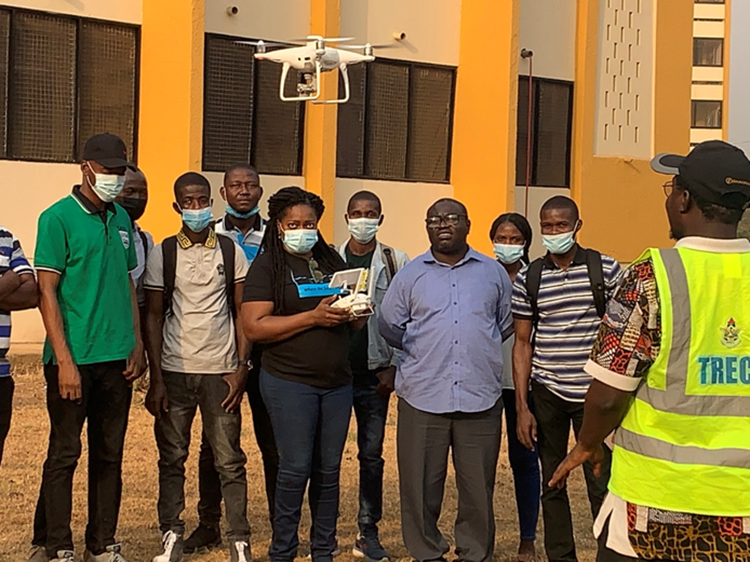

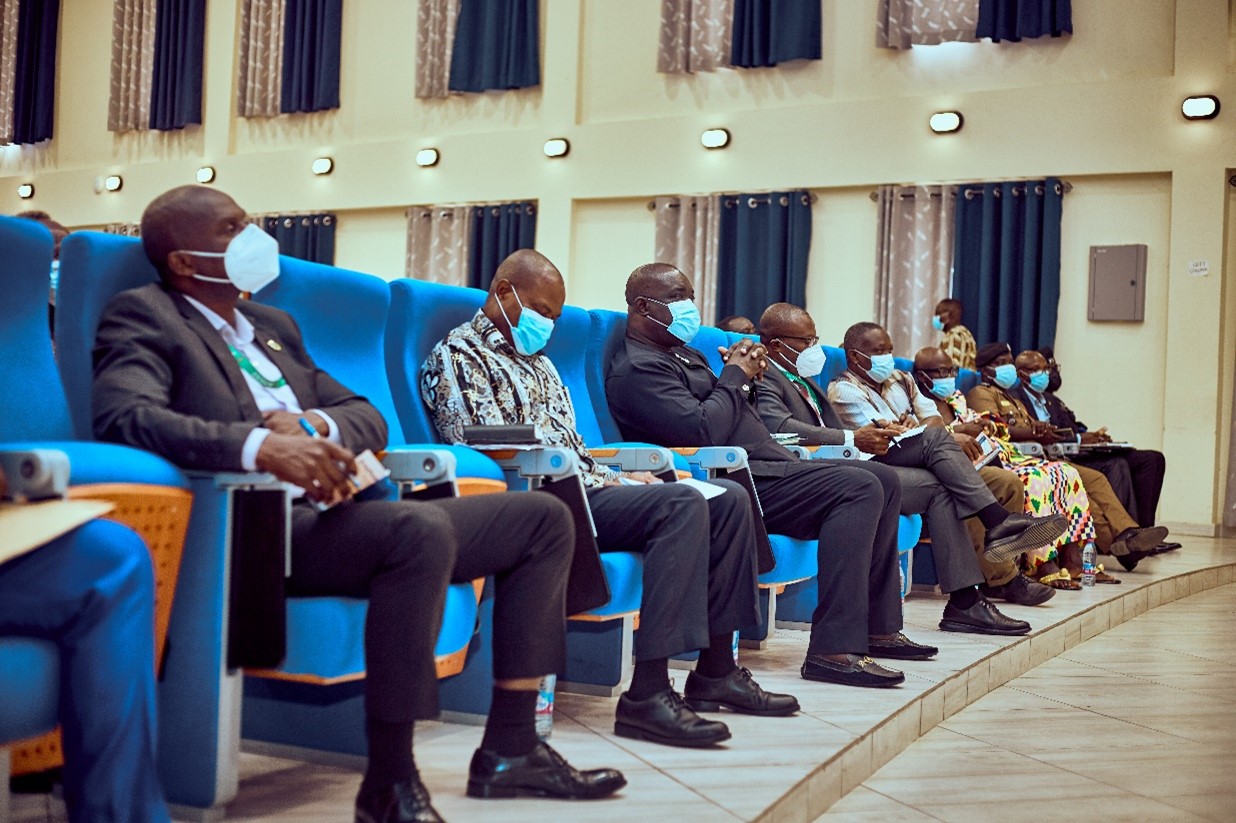
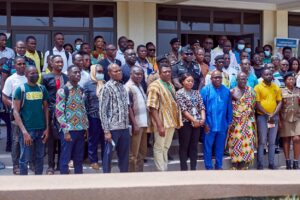 .
.
